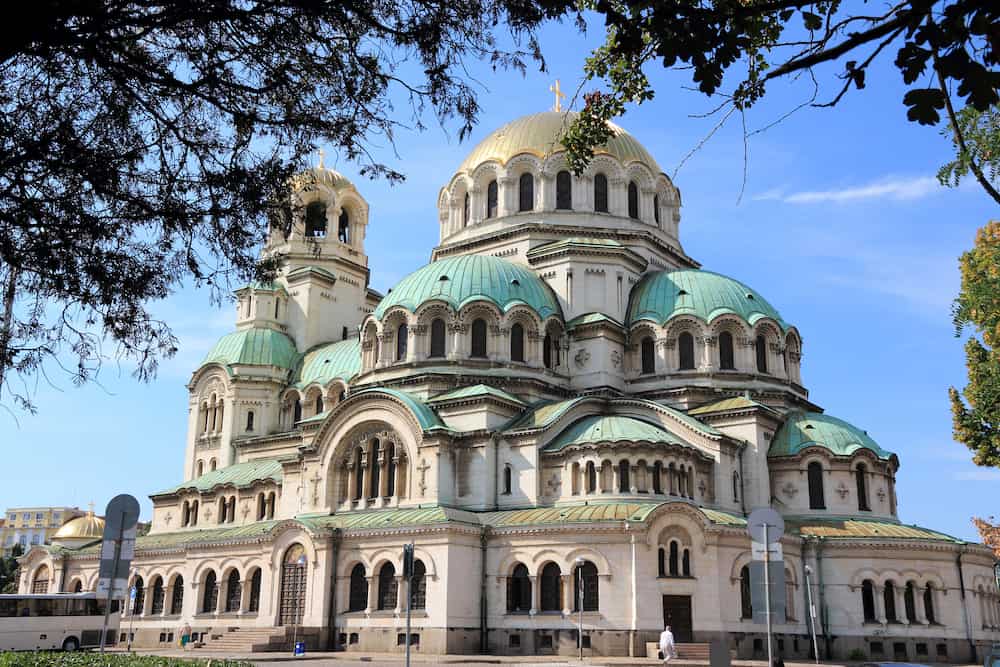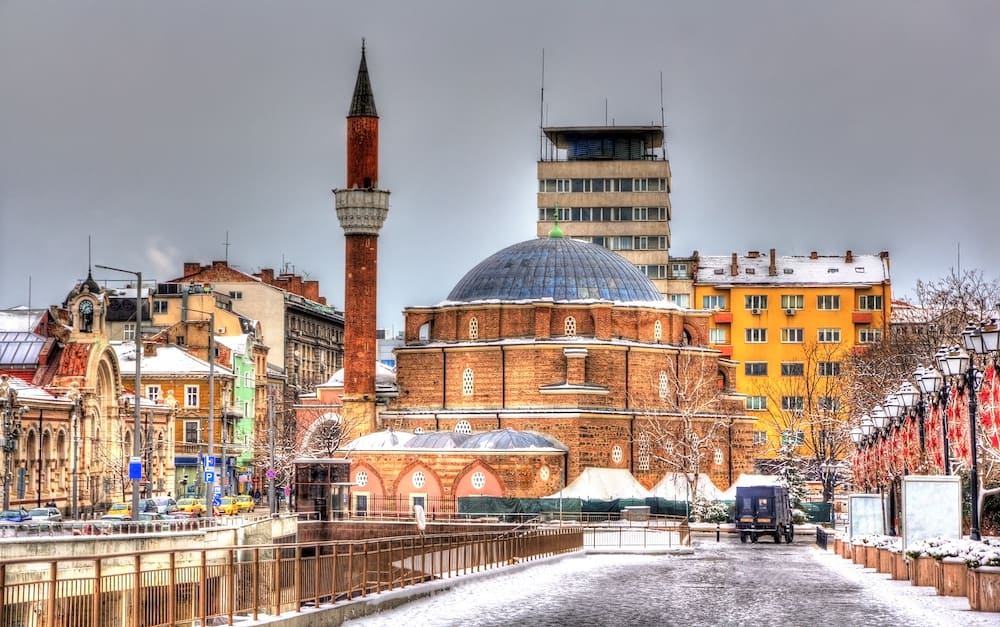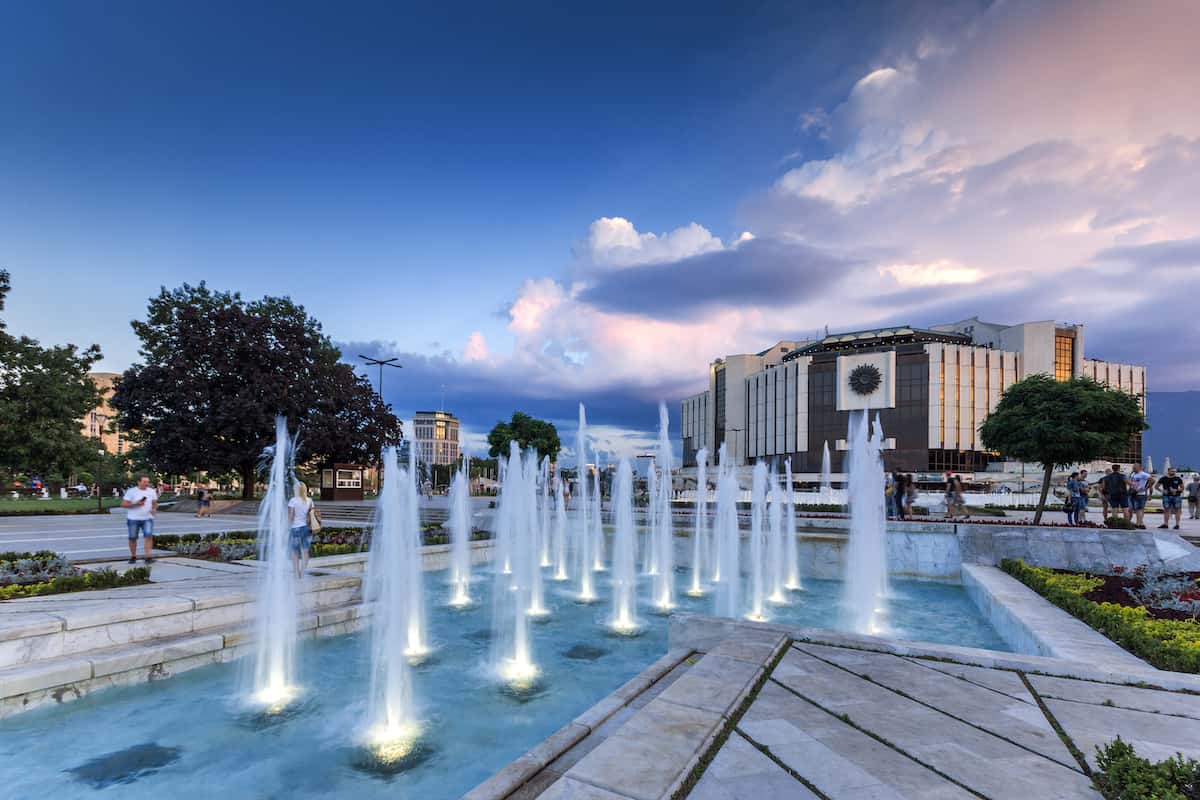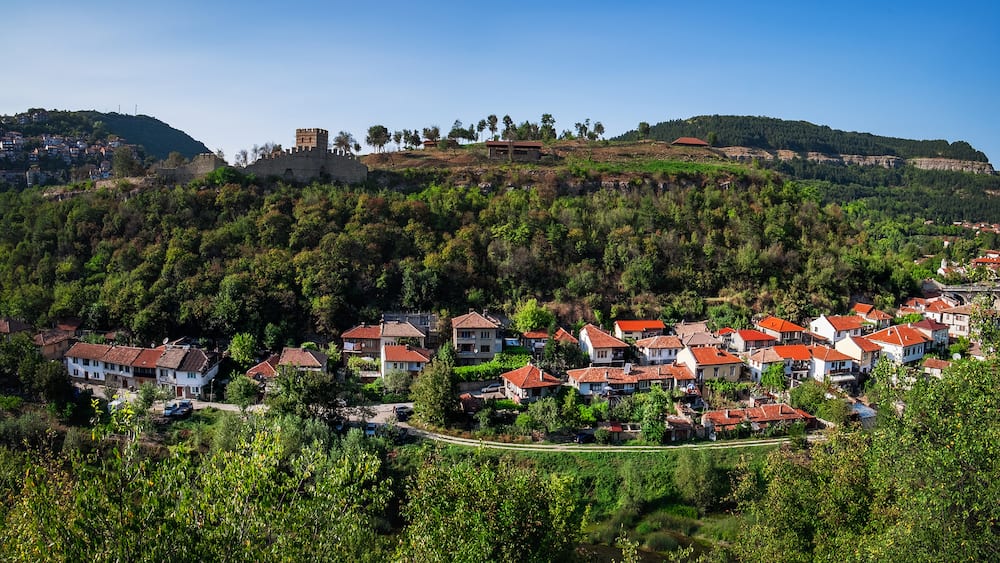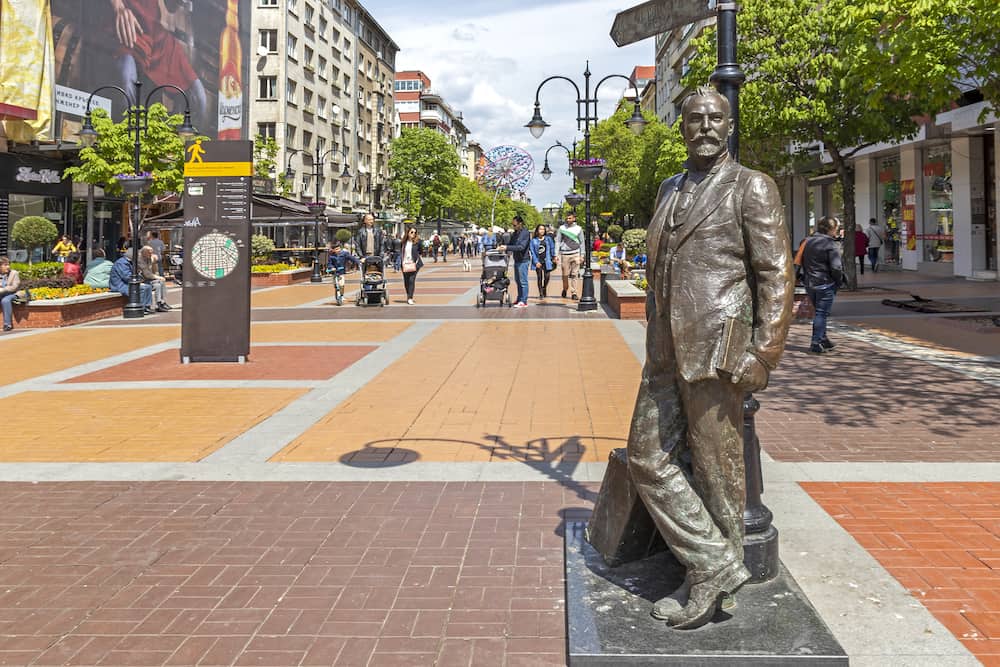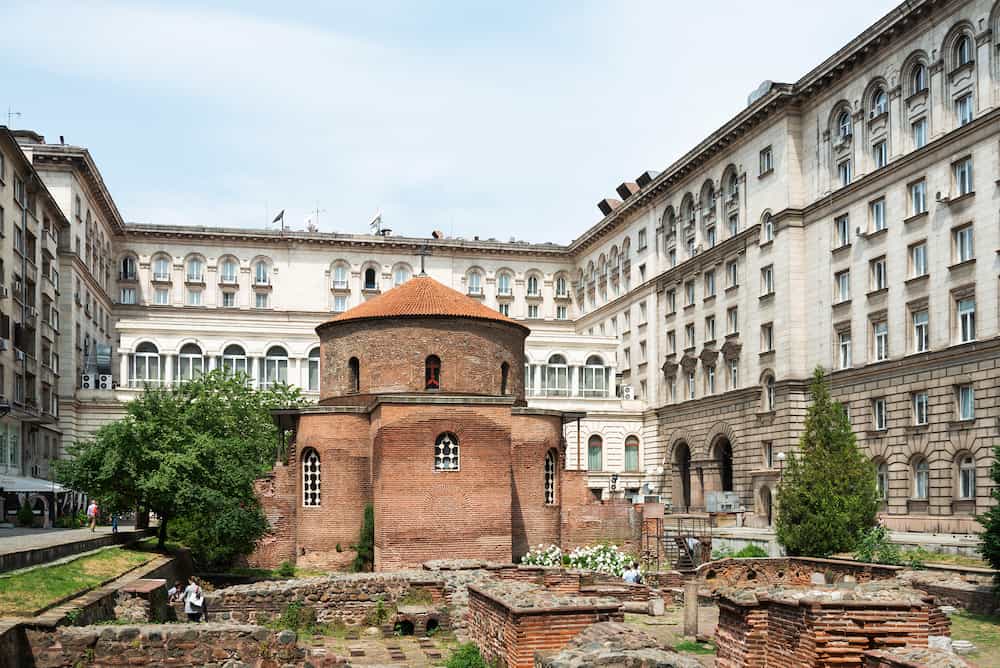When Is The Best Time To Visit Bulgaria?
Contemplating a journey to Bulgaria? Pondering over the prime season to traverse the enchanting terrain of this Balkan jewel, adorned with a legacy steeped in antiquity, a rich culture, and breathtaking vistas? Halt your search! This article will navigate you through a digital voyage, illuminating the apex period to travel to Bulgaria!
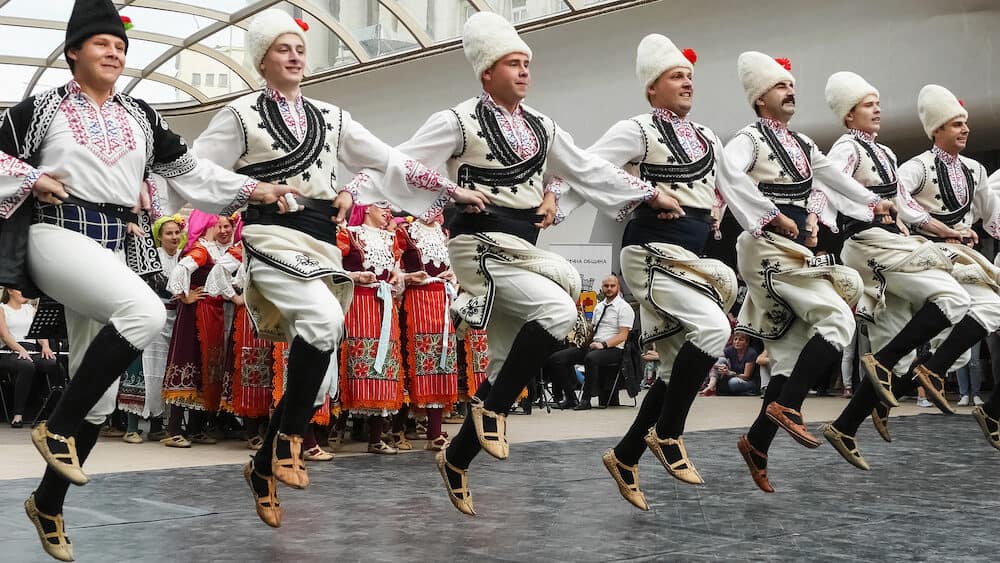
What is the weather in Bulgaria during the different seasons?
Bulgaria experiences four distinct seasons, each possessing its distinct allure. Understanding the weather patterns will help you determine the ideal time to visit:
Spring
Enjoy moderate temperatures as nature wakes up and covers the country with colorful blooms. This is the perfect time for sightseeing and outdoor activities because there aren’t as many crowds.
Summer
Experience the warmth of the sun along the captivating Black Sea coast. Enjoy endless sunny days, bask on beautiful beaches, and immerse yourself in the lively summer atmosphere.
Autumn
Witness nature’s majestic transformation as the vibrant hues of autumn spill across the landscapes. Autumn is also an excellent time for wine lovers as the vineyards come alive with the grape harvest.
Winter
Embrace the charm of Bulgaria’s winter wonderland, where snow-capped mountains offer exciting ski resorts and cosy villages invite you to indulge in traditional winter activities.
Whichever season you choose, you’ll find amazing opportunities to explore the country. Keep in mind that there is more rain in spring and autumn, but it is calm and the temperatures are not as high or too low.
When is the best time to visit this country?
Now that you’ve familiarized yourself with the weather, the question remains: when is the best time to visit Bulgaria? The answer is very simple – it depends on your personal preferences and what you are going there for.
Festivals and events
If you want to immerse yourself in the vibrant Bulgarian culture and partake in traditional festivities, consider planning your visit around one of the country’s renowned festivals.
The Festival of Roses in May and the Kukeri festivals in January and February are just a few examples of the colorful events that showcase the country’s rich heritage.
Historical and cultural attractions
If your main interest lies in exploring historical sites and cultural landmarks, spring and autumn are ideal seasons.
The mild temperatures allow for comfortable sightseeing, and the absence of large tourist crowds ensures a more intimate experience. Don’t miss the opportunity to visit the ancient city of Plovdiv, a UNESCO World Heritage Site, and the magnificent Rila Monastery, a symbol of Bulgarian spirituality.
Don’t forget to visit Sofia. Begin your journey in the dynamic capital city, Sofia. Discover ancient ruins, magnificent churches, and vibrant markets that showcase the country’s history and modern charm.
Step into the medieval era as you explore the historic hillside town, known for its fortress, traditional houses, and cobblestone streets – Veliko Tarnovo.
Budget and crowds
If you’re looking to avoid peak tourist season and take advantage of more affordable prices, consider visiting Bulgaria during the shoulder seasons of spring and autumn. During these times, accommodation rates tend to be lower, and popular attractions are less crowded, allowing for a more relaxed experience.
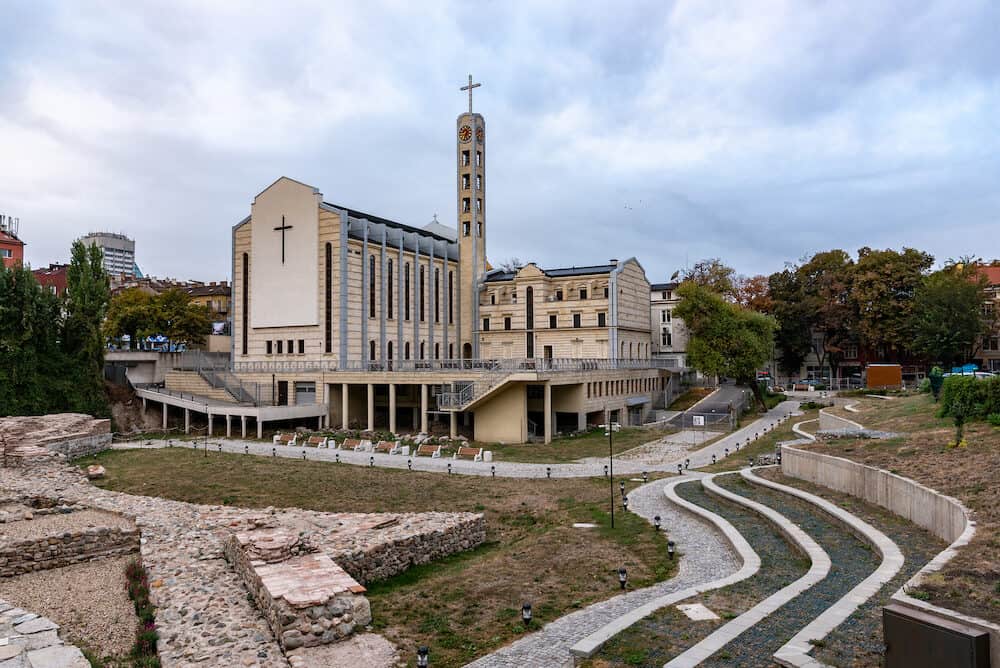
Accommodation and transportation
Regardless of which season you choose for your next trip, it is advisable to book your accommodation in advance, as well as arrange your transport in advance.
This is especially important if you will be going during the height of the summer season or during the cold winter to ski.
This guarantees you a wider choice of options and better prices. Public transport there is generally affordable, making it convenient to explore different regions of the country.
Why visit Bulgaria?
With its diverse landscapes, rich history, and warm hospitality, the republic offers a unique travel experience that caters to a wide range of interests. Here are some compelling reasons to visit this captivating country:
- Rich cultural heritage – Bulgaria boasts a fascinating blend of Thracian, Roman, Byzantine, and Ottoman influences, resulting in a unique cultural tapestry that can be explored through its architecture, cuisine, and traditions;
- Stunning natural beauty – from the majestic peaks of the Rila and Pirin Mountains to the serene lakes and picturesque valleys, Bulgaria’s natural landscapes are a haven for outdoor enthusiasts and nature lovers;
- Wine tourism – the nation is emerging as an exciting wine destination, with its vineyards producing excellent wines that rival those of more renowned wine regions. Embark on a wine tour and indulge in the flavors of Bulgarian wine;
- Warm hospitality – the people there are known for their warm hospitality and friendly nature. Engaging with locals and experiencing their genuine kindness can greatly enhance your travel experience.
The nation offers a wealth of experiences throughout the year, each season bringing its own unique charm. Whether you’re seeking cultural immersion, outdoor adventure, or simply a relaxing beach vacation, there is a perfect time to visit this enchanting country.
Consider the weather, festivals, and personal preferences outlined in this article to plan your ideal adventure.



